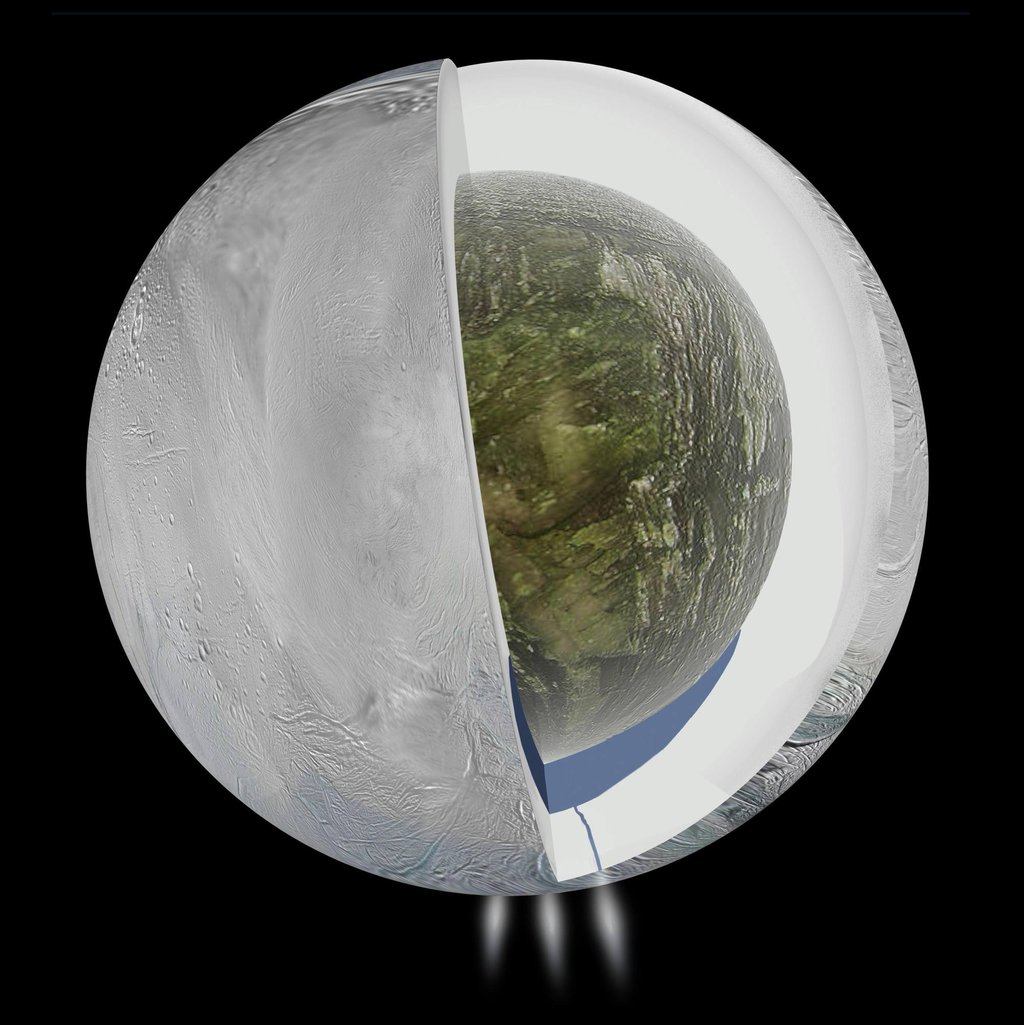The ocean hidden under the icy shell of Saturn’s moon Enceladus harbours complex organic molecules, a study said on Wednesday, offering further evidence that the small world could have all the right ingredients to host extraterrestrial life.
Advertisement
Just 500km (310 miles) wide and invisible to the naked eye, the white, scar-covered Enceladus is one of hundreds of moons orbiting the sixth planet from the sun.
For a long time, scientists believed Enceladus was too far away from the sun – and therefore too cold – to be habitable.
Then, the Cassini space probe flew past the moon several times during a 2004-2017 trip to Saturn and its rings, discovering evidence that a vast saltwater ocean is concealed under the moon’s kilometres thick layer of ice.

Since then, scientists have been sifting through the data collected by Cassini, revealing that the ocean has many of the elements thought to be needed to host life, including salt, methane, carbon dioxide and phosphorus.
Advertisement

